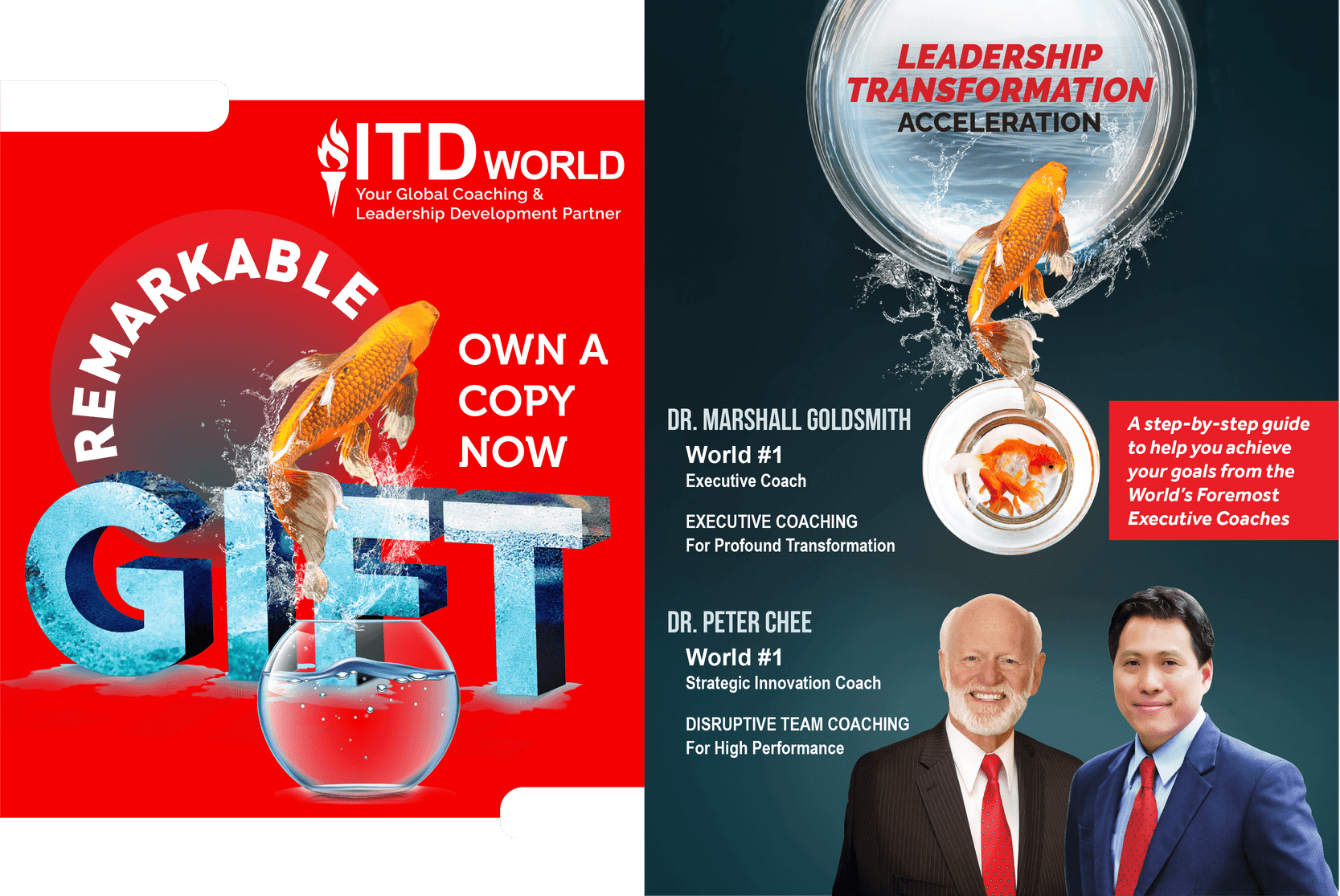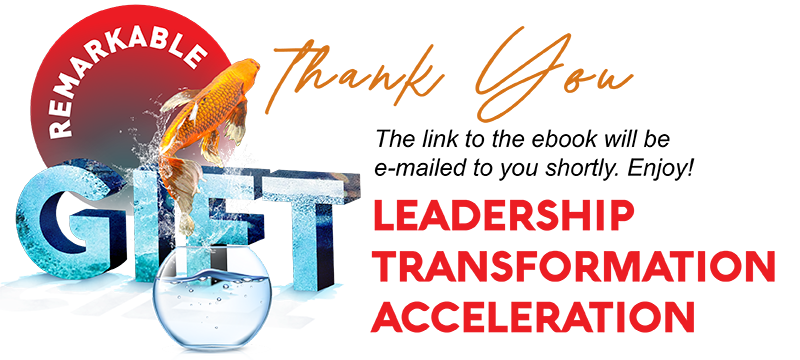
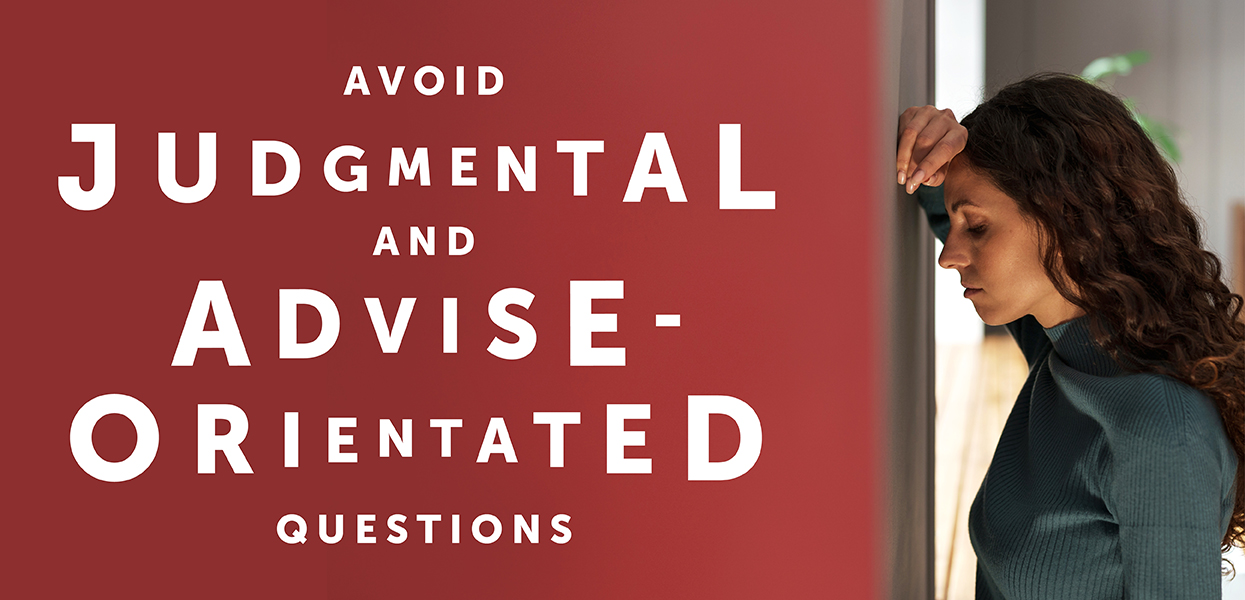

By Dr Peter Chee and Dr Jack Canfield
A wise coach always avoids judgmental and advice-orientated questions as they intuitively understand that judging others strips people of their agency. Instead, discerning coaches ask their coachees to tell the more about their situation. For example, you could say, “I am curious—would you like to paint me a picture of your feeling, the one you say is a bit ‘off color’ today?”

By prefacing the question with curiosity and concern, the coachee is not triggered to adopt a defensive attitude. If a coach asks, “How come you look so depressed?”, the coachee may get annoyed, or worse, clam up. When being judged, people don’t focus on what they want, they focus on what has been said.
Let us look at some examples of what judgmental and advice-orientated questions are, and how you can ask better ones to trigger deep thinking.

The wise man doesn’t give the right answers, he poses the right questions.
– Claude Levi-Strauss

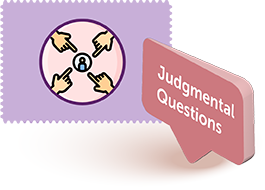


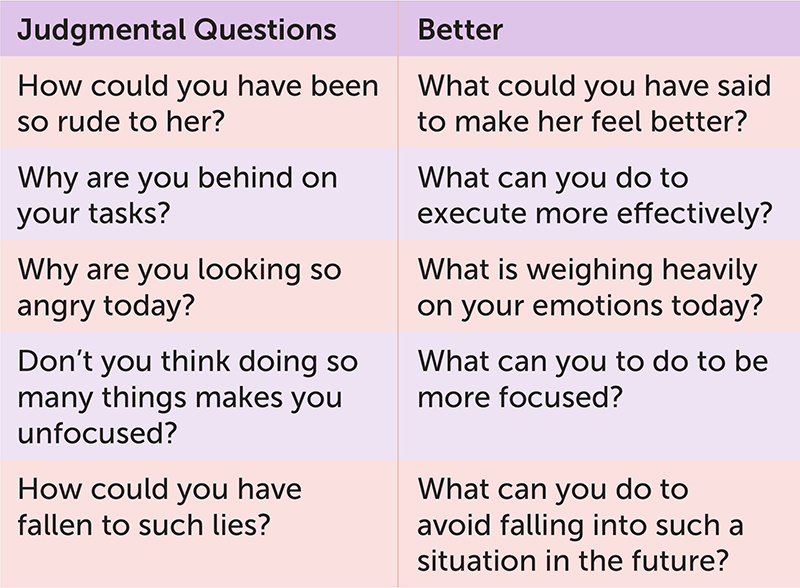
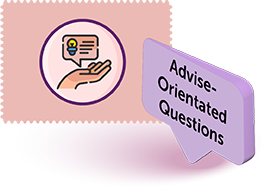


Notice how judgmental and advice-oriented questions can make people feel, as if they are being led by the nose. These questions tend to make the coachee feel as if her options are closed. When coaches give direction and advice, they may be disempowering and preventing people from accessing their own creativity. These advice- oriented questions may also limit your creativity in addressing the situation.
When you revert to asking the better questions, it communicates that you have greater confidence in your coachee and are genuinely interested in discovering her best answers rather than implying that she did something wrong. The better questions are more open ended and the answers they generate will widen your understanding of the situation. They ultimately give you greater freedom and flexibility to help the client develop a plan more appropriate to her situation.
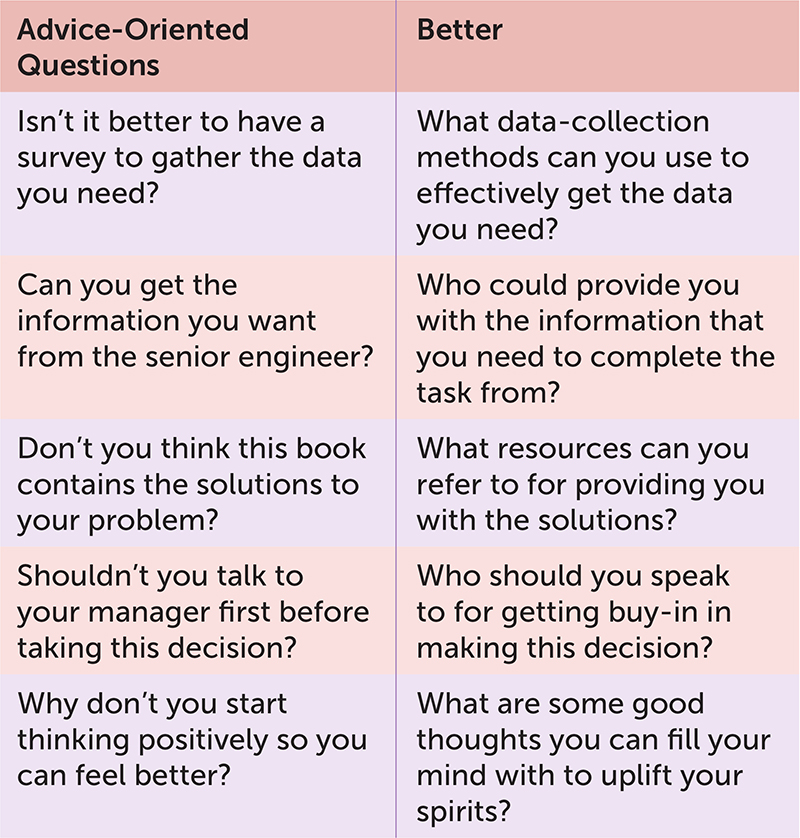

The answers lie in the questions we ask.
– Jack Canfield and Peter Chee

TRANSFORMATIONAL COACHING QUESTIONS
EUREKA VIDEO
LATEST HAPPENINGS AT ITD WORLD

FURTHER RESOURCES
